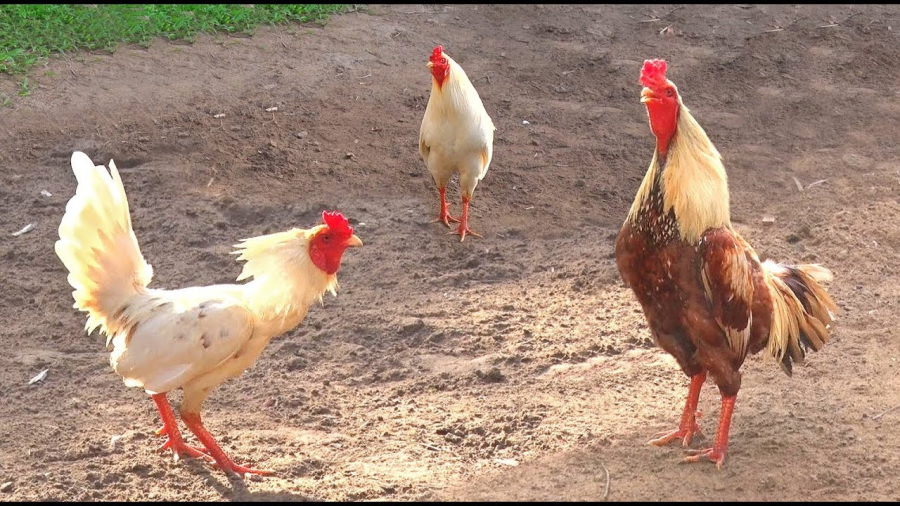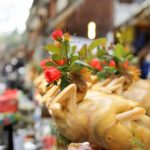Why do roosters always crow at the right time?
In fact, some experts have conducted studies on this phenomenon and finally found that the habits and physiological functions of many animals are actually controlled by the rhythm of nature, including roosters. The biological clock of a rooster is directly related to the intensity of light. Every time the moon gradually sets at 4 am, sunlight slowly begins to radiate, the sky starts to transition from dark to light, and the rooster itself has the ability to sense and receive very strong light. Once it senses light, it will start crowing, and we all call 4 am dawn, and at this time the rooster will crow.
In addition to the biological clock, the reason roosters crow is also related to melatonin in their bodies. The rooster’s brain also has a gland called the pineal gland, which has a high concentration of 5-hydroxytryptamine, and plays an important role. Under the influence of special enzymes, when activated, it will transform into melatonin. Therefore, under the influence of melatonin, roosters rarely crow at night. When it’s morning, the amount of melatonin in the rooster’s body decreases, it is stimulated, and the rooster starts crowing at this time. Yes, in fact, roosters crow during the day as well. This is mainly used to convey information and as a way to court hens. They use loud crowing to attract the attention of hens and then mate. Secondly, they crow to warn other roosters not to approach their territory.
Do roosters always wake up earlier than hens?
Studies have shown that roosters tend to have slightly shorter biological rhythms than hens, meaning their internal biological clocks are set to run slightly faster. This can help them wake up earlier and feel more alert in the early morning.

Interestingly, there are also environmental factors that can influence the rooster’s tendency to wake up early. For example, a study showed that roosters exposed to bright light at night are more likely to wake up than roosters in darker conditions.
This shows that roosters can be particularly sensitive to changes in the level of light, and exposure to bright light at night can disrupt their sleep and cause them to wake up earlier.
Choosing hen for incense lighting. When to choose a rooster and when to choose a hen, many people still don’t know.
In conclusion, the ritual of lighting incense with roosters and hens in Vietnamese culture holds immense symbolic significance. It is a way of communicating with the spiritual realm, seeking blessings, and honoring ancestors. This captivating tradition adds depth and charm to Vietnam’s rich cultural heritage.
Surprising benefits of eating these before bedtime, perfect for late-night snacks
Many people believe that eating before bed is not advisable due to the feeling of heaviness and the potential for weight gain. However, according to some nutrition experts, these beliefs are inaccurate. As long as you make a healthy choice, there is no reason why you cannot have a late-night snack before going to sleep.





































